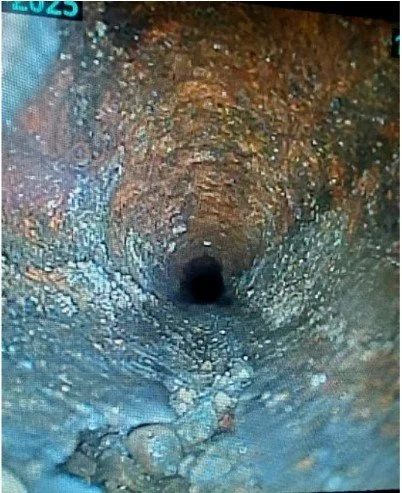Mountain Views Supervisory Union Makes Urgent Call for Special Legislative Session on Education Spending
In a letter released today, the Board of Directors of the Mountain Views Supervisory Union (MVSU) has issued an urgent call to the Vermont State Legislature for a special session this fall that would decouple capital construction debt from the per-pupil spending formula. The letter content and decision to send it earned a unanimous vote of approval from Board members during their September 8th meeting.
As the letter’s drafter and first signer, MVSU is also offering the letter for co-signing by any other supervisory union or supervisory district in the State of Vermont that shares its concern. The timing of the request is critical: just how the decoupling question is resolved will directly impact budgeting plans for the 2026-2027 school year by supervisory districts and unions across the State.
MVSU’s letter asks for emergency legislation that:
1. Decouples capital construction debt from the per-pupil spending calculation in the education funding formula.
2. Protects taxpayers from punitive double taxation that discourages critical investment.
3. Acknowledges that school construction needs are a statewide responsibility, not a burden that can be left to local districts alone.
The Board underscored that the request is consistent with the terms of the recently passed Act 73 -Vermont’s sweeping new education-reform law – as well as the State’s Agency of Education’s State Aid for School Construction Program, which was established on July 1, 2025. On December 15th of this year, the State Board of Education recommendations on the transfer of debt obligations will be due to the legislature.
Currently, when any district borrows money to pay for the repair, renovation, or construction of a school facility, the funds are considered part of that district’s “education spending allotment,” which also includes the amount allowed for “per-pupil” spending. This artificially inflates what is actually spent on student education itself, thereby placing a district at considerable risk of reaching what the State of Vermont considers its “excess spending threshold.”
Once this threshold is crossed, taxpayers must pay two dollars for every dollar spent over the limit.
This double taxation forces supervisory unions/districts like MVSU, with its aged and failing middle- and high-school infrastructure, into an impossible position: either invest scarce funds to grapple with failing infrastructure or burden taxpayers with double taxation.
During the September 8th meeting, Joe Rigoli, MVSU Director, Building and Grounds, reminded board members and other public attendees that the Woodstock High School and Middle School (WUHSMS) building has earned the dubious distinction as the second-worst educational building in the State. He also reminded his audience that the State of Vermont will not provide financial support when a structure is more than 60 percent depreciated. The WUHSMS building is more than 90 percent depreciated, said Rigoli.
“It’s a 70-year-old building at the end of its lifespan,” said Rigoli. “It’s really quite simple: it’s the end of the line, folks.”
In its letter, the MVSU Board reminds legislators that the State of Vermont has not funded a school capital construction program since 2007, leaving districts “without State partnership in addressing crumbling infrastructure.
“The consequences are now acute: some schools are on the brink of closure, and others may soon be forced to move students into temporary trailers on athletic fields if one more system fails,” continues the letter. “
“Capital projects can take many years to plan, so there’s urgency driving schools to address serious infrastructure challenges. Every year is punctuated with more of them – collapsing sewer and water pipes, over- burdened electrical systems, failing boilers, roofs at the ends of their lifespans – and right now, a failing drainage system that’s threatening our cafeteria as I speak,” said Sherry Sousa, Superintendent, MVSU. “And remember, deferred maintenance drives up operating costs every year.”
Cast Iron 4-inch pipe rusted through to the underlying gravel. No bottom is left to the pipe. MVSU Photo
Other infrastructure failures named in the Board’s letter to legislators include costly PCB mitigation and fire-safety compliance, which stretch the district’s budget even further. Teachers and students are left working in conditions that compromise learning and safety.
“Ultimately, the injection of capital-debt dollars into our per-pupil spend adversely affects every district in Vermont, because any district forced to take on bonds can trigger penalties that ripple across the entire education finance system,” said Keri Bristow, Chair, Mountain Views Supervisory Union. “That’s why decoupling capital debt from per-pupil spend simply makes sense – and why it’s the only fair and sustainable path forward.’

